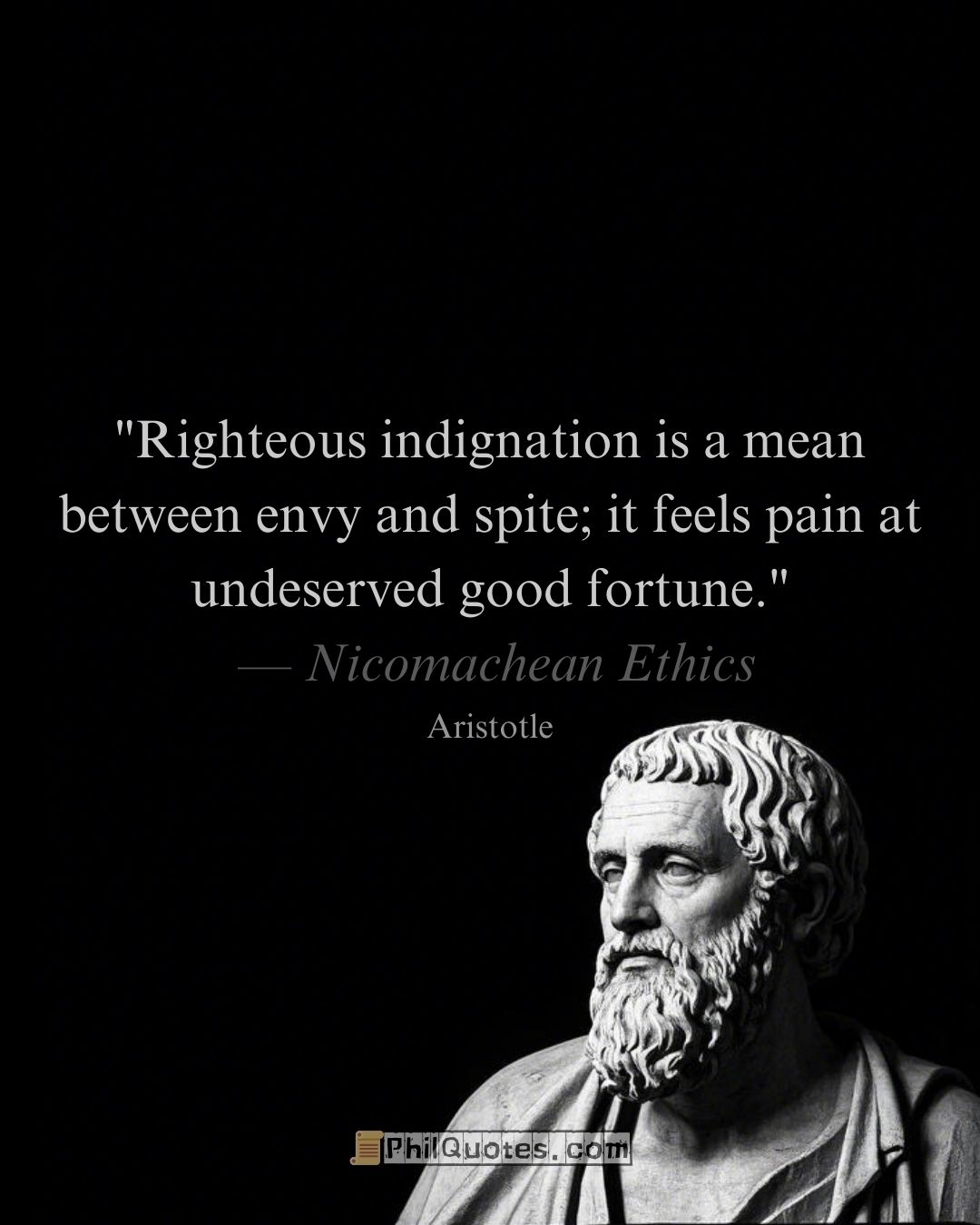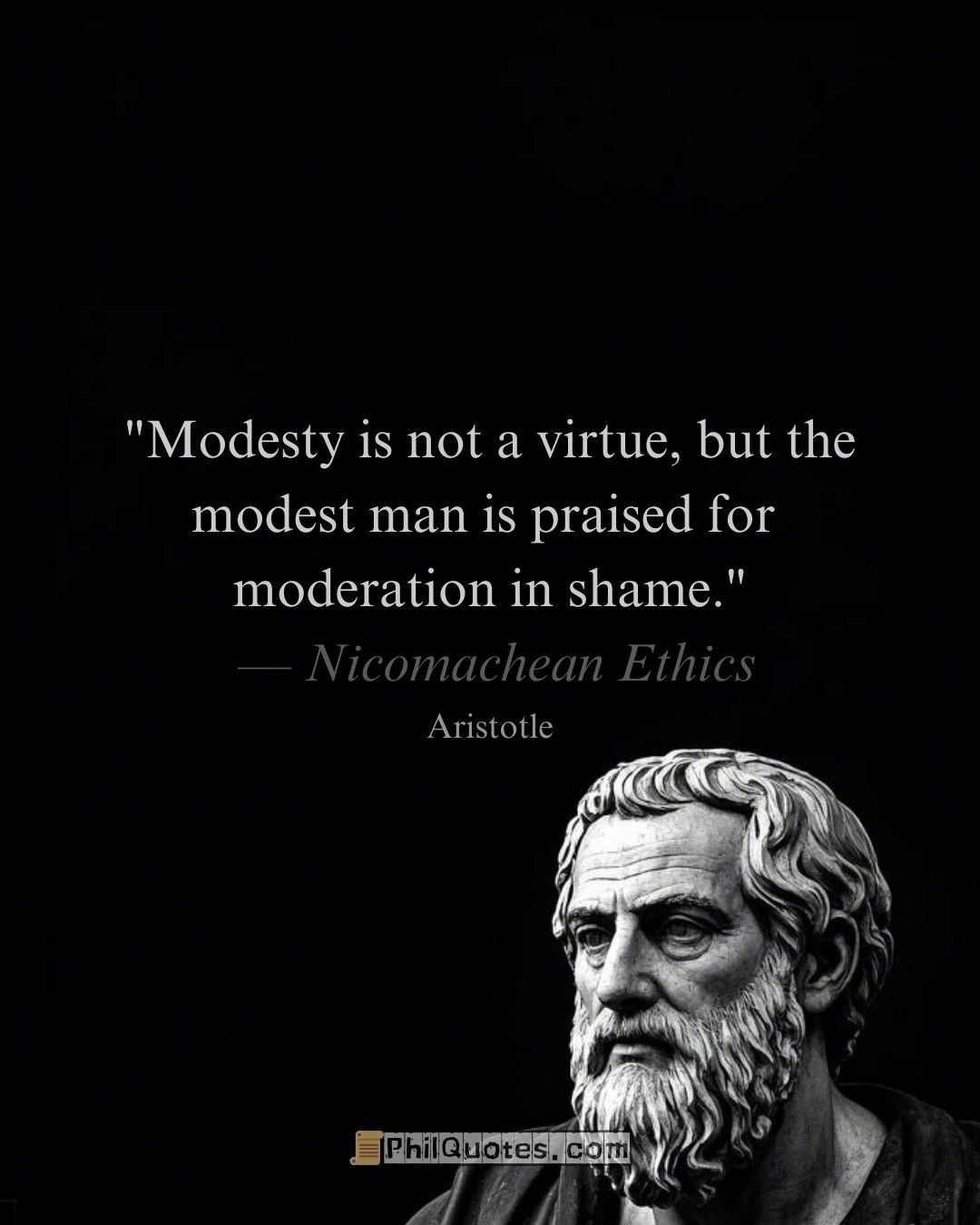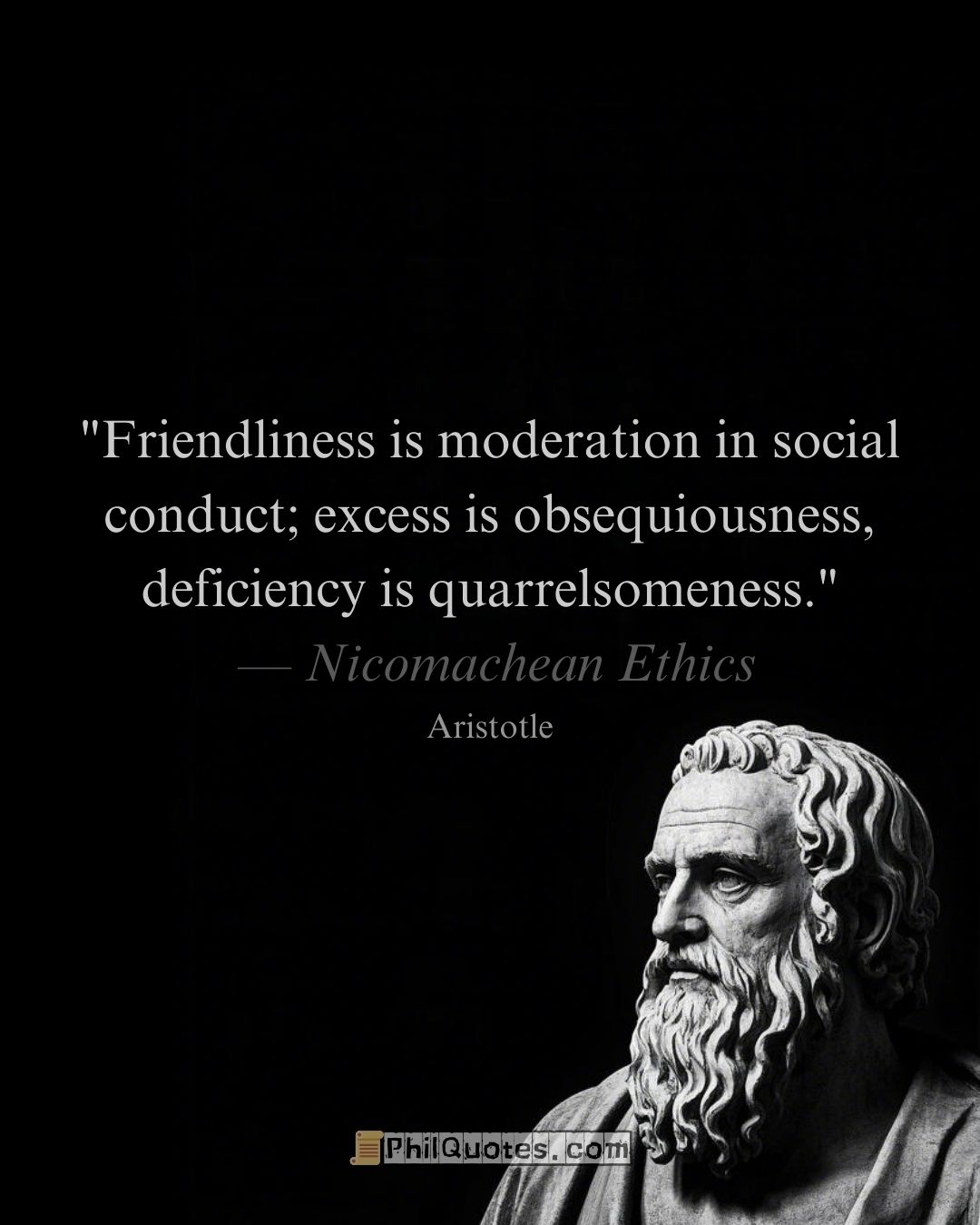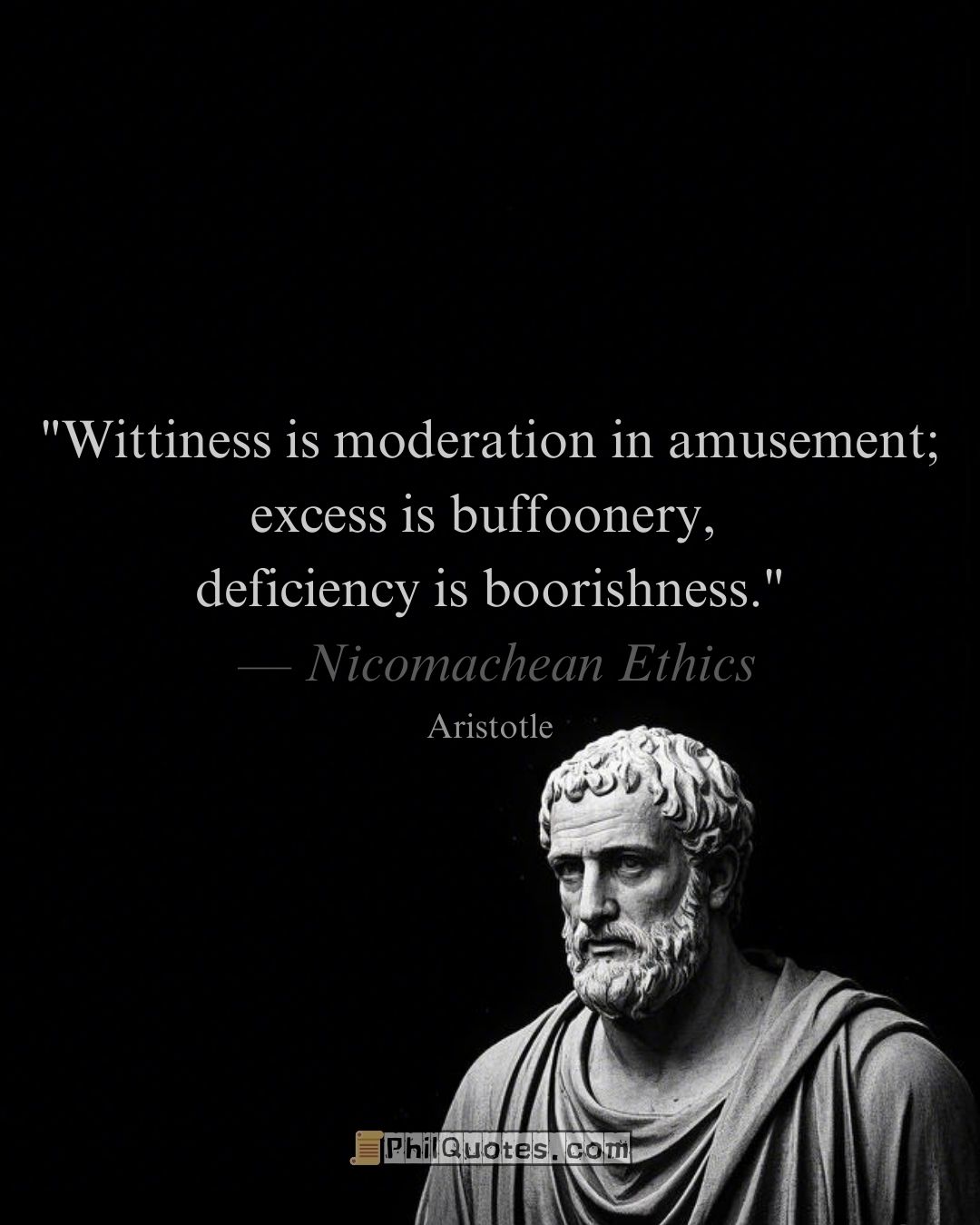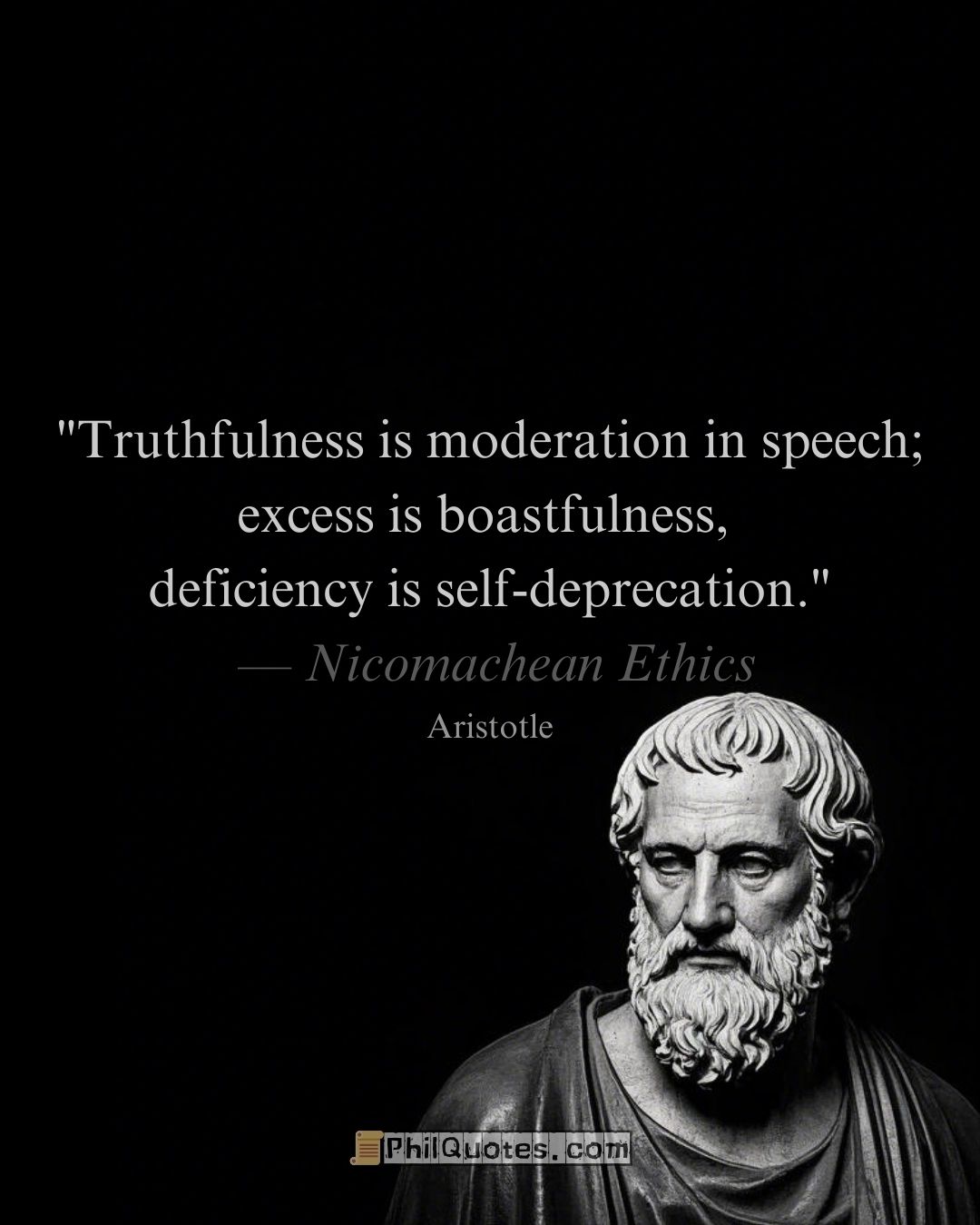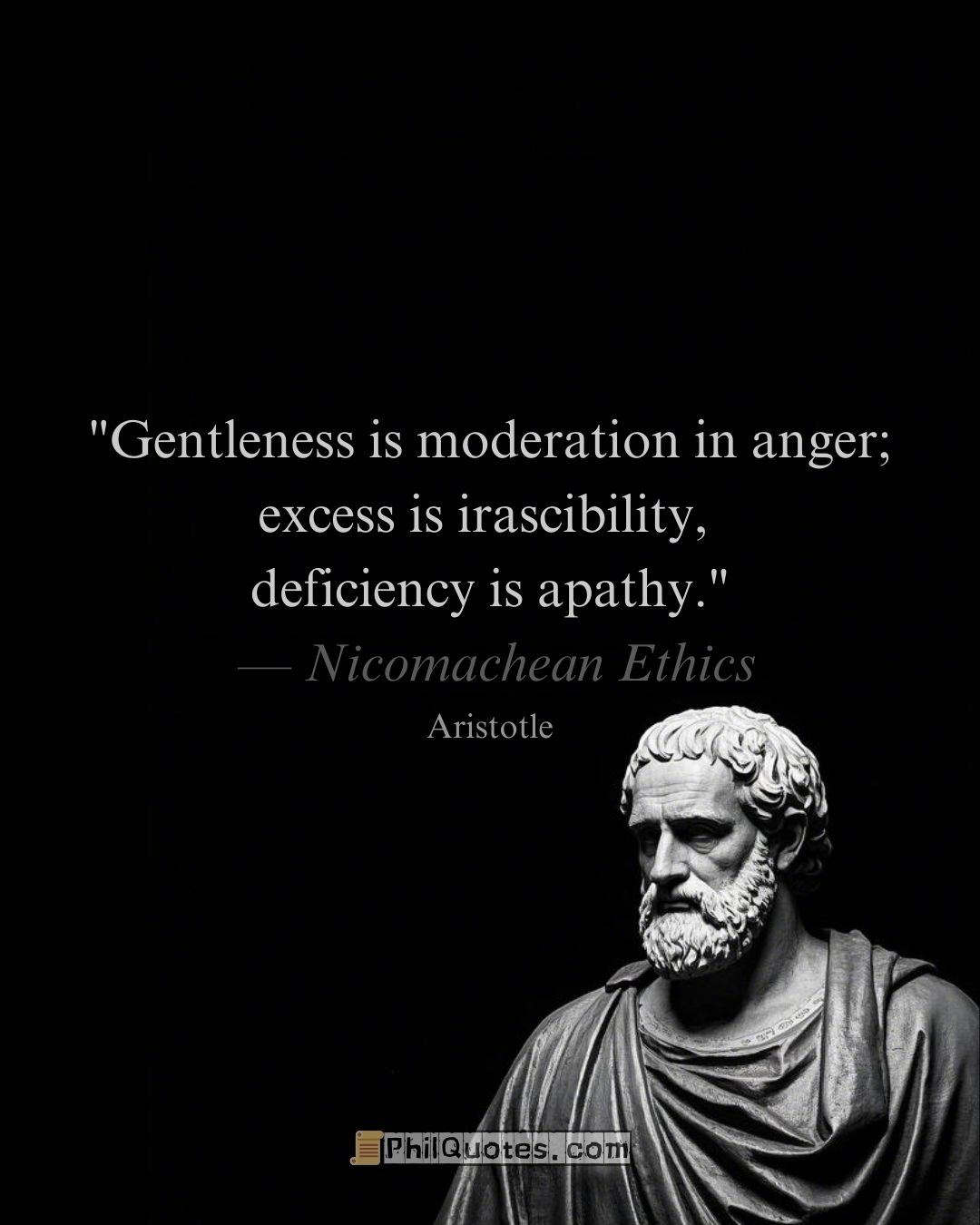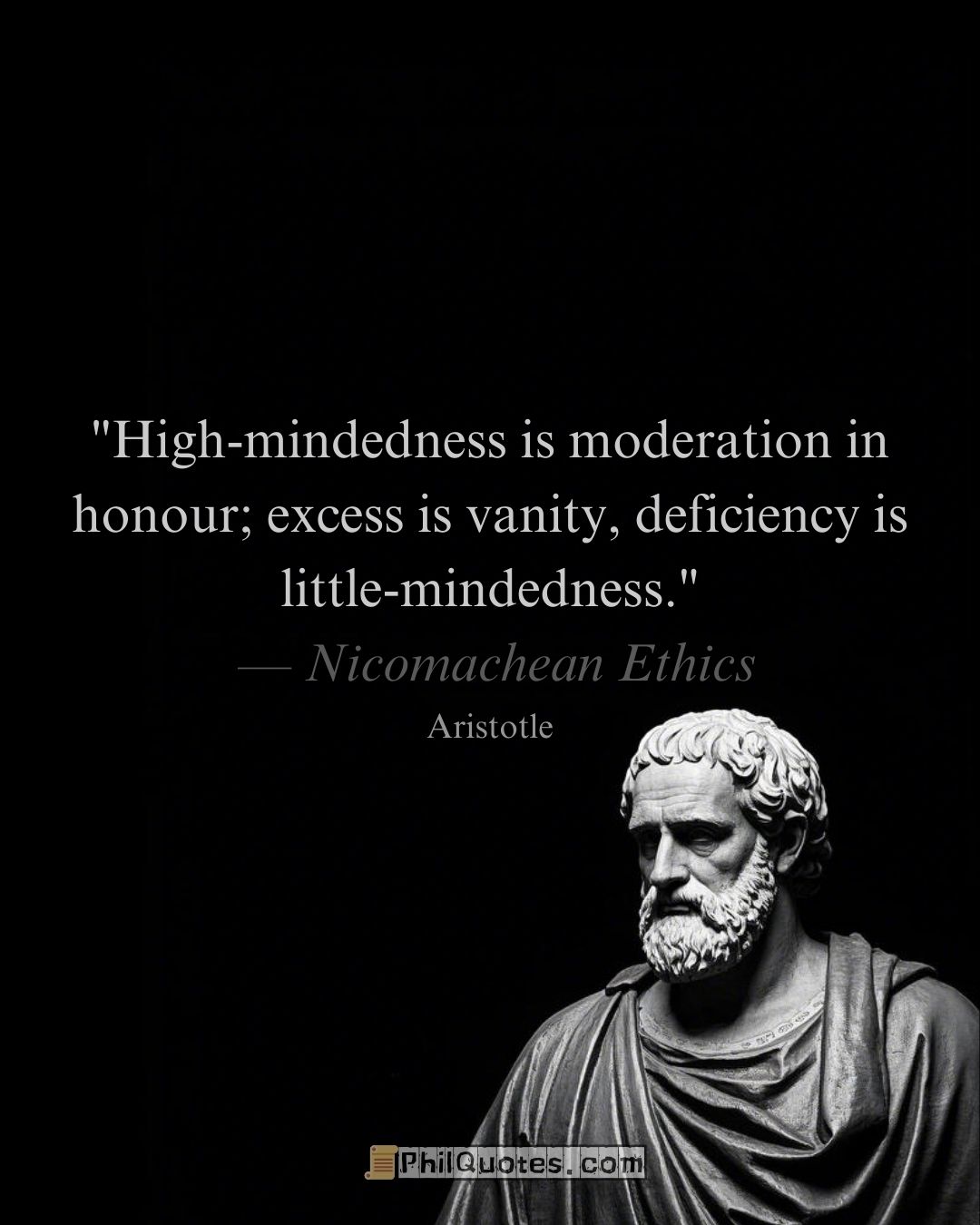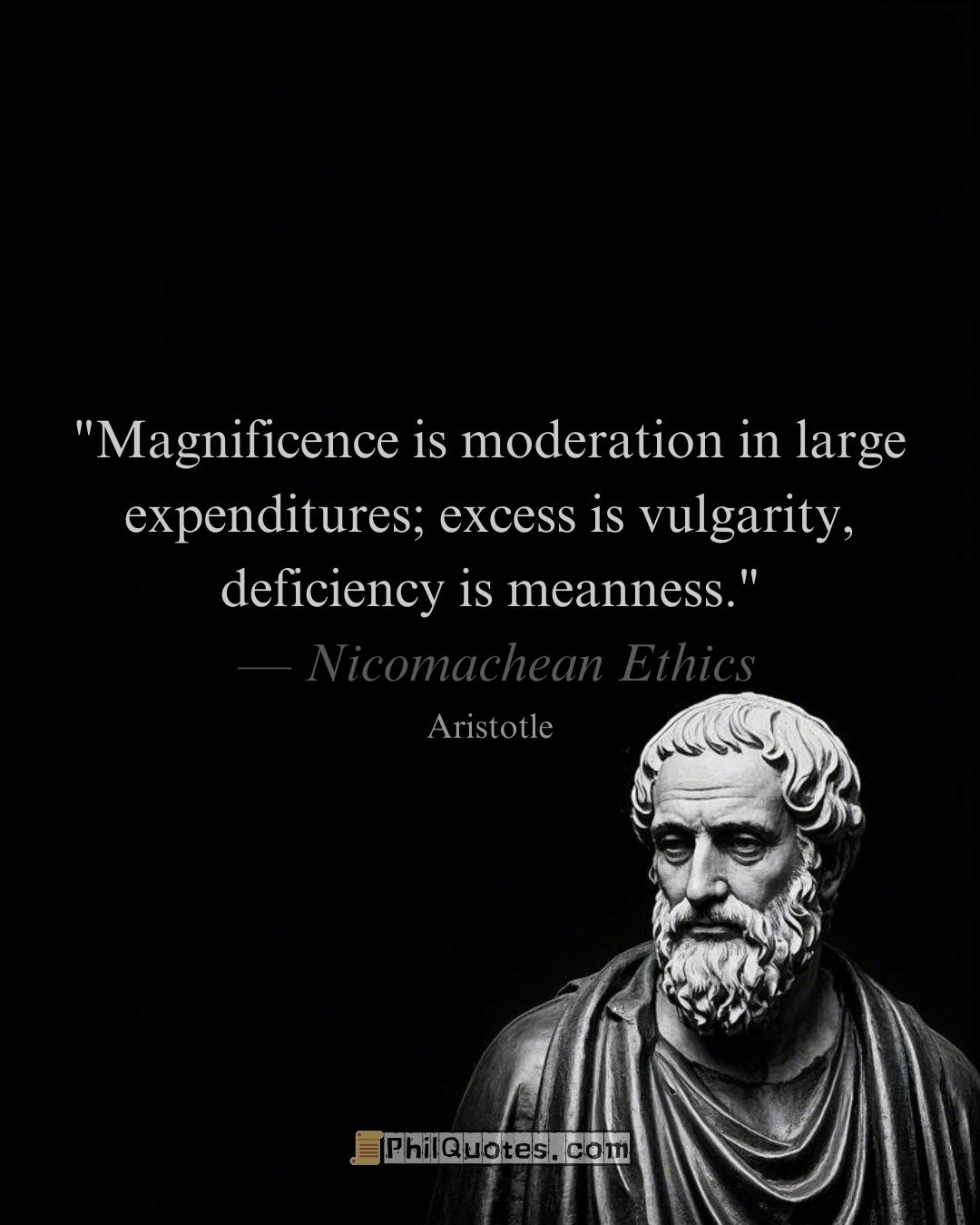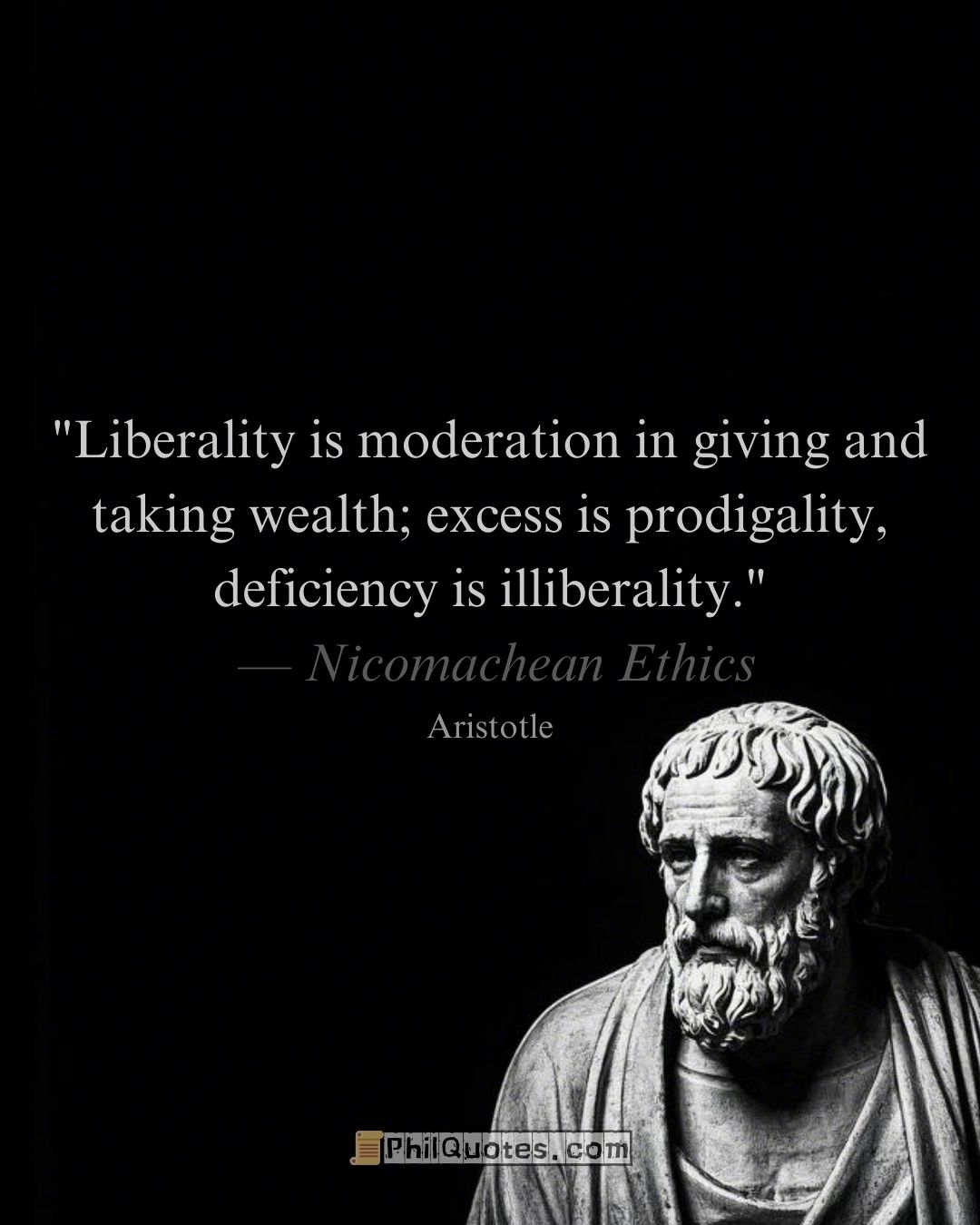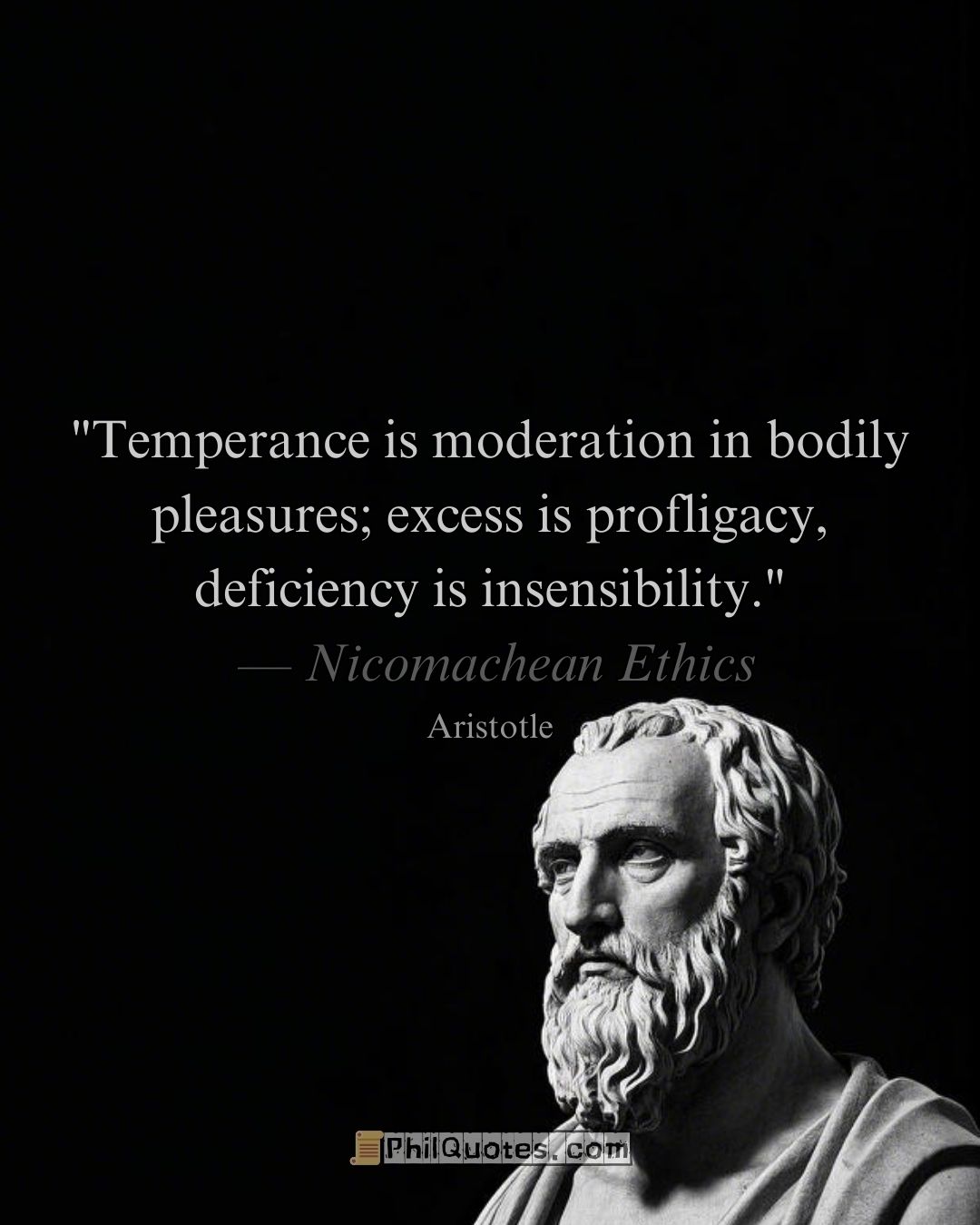Aristotle Nicomachean Ethics Quote: “Righteous indignation is a mean between envy and spite; it feels pain at undeserved good fortune.”
“Righteous indignation is a mean between envy and spite; it feels pain at undeserved good fortune.”— Aristotle, Nicomachean Ethics, Book II, Chapter 7(Translated by W.D. Ross) 🔍 Core Idea Ethical emotions are like a social media algorithm — envy (😒) and spite (😈) are toxic extremes, while righteous indignation acts as the justice-seeking filter. It’s … Read more
